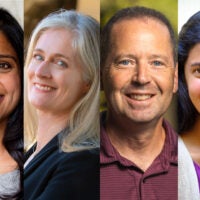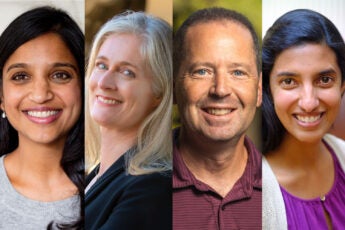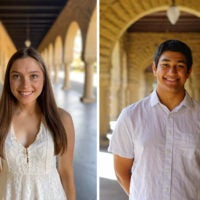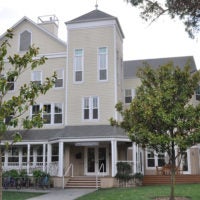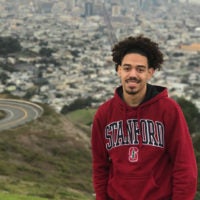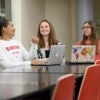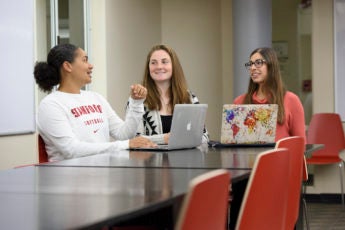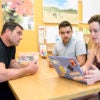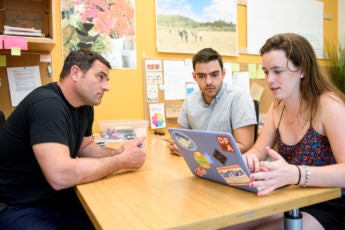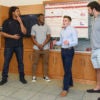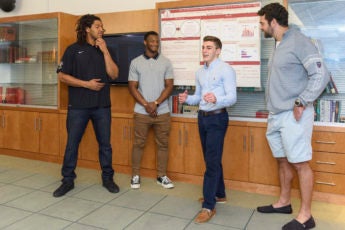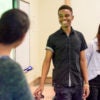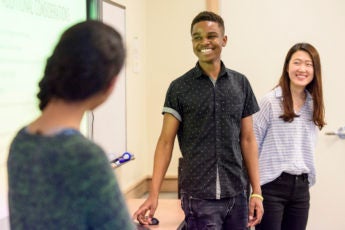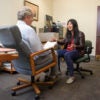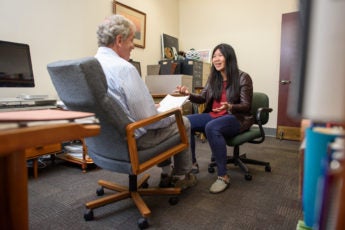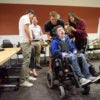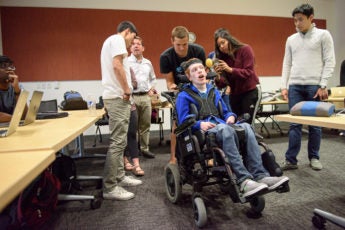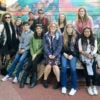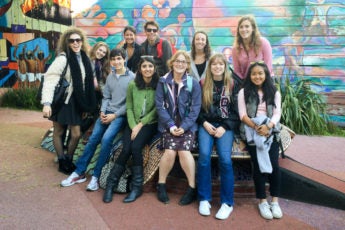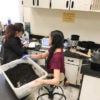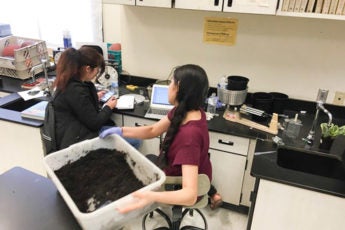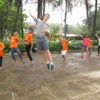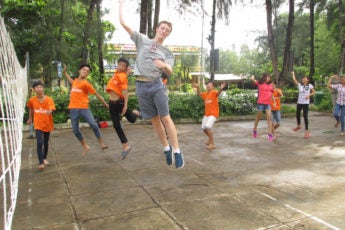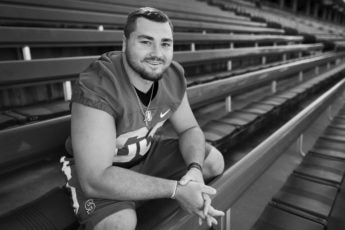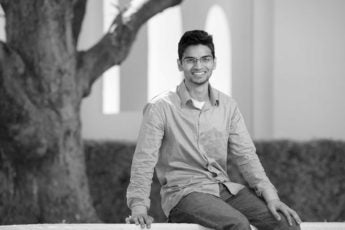Public service at Stanford
Through Cardinal Service and other programs, Stanford offers students a 21st-century approach to fulfilling Jane Stanford's hope and trust that students would use their educations to become of greater service to the public.
At Stanford, students are offered many ways to incorporate public service into their lives.
They can live in Branner Hall, whose residents – sophomores, juniors and seniors – have made a commitment to incorporate public service into their lives.
They can participate in Cardinal Service, a university-wide initiative designed to elevate and expand service as a distinctive feature of a Stanford education. The Haas Center for Public Service is the hub of the program, which has many spokes.
Video: Kurt Hickman
“Public service has always been a part of Stanford’s identity, and Cardinal Service is a means of elevating and acknowledging the robust and varied efforts throughout the university that connect service and learning,” said Tom Schnaubelt, executive director of the Haas Center.
“Stanford’s public service ecosystem has evolved greatly over the past several decades, and the Cardinal Service initiative creates opportunities for students, faculty and staff to integrate these rich academic and community experiences with greater intentionality and cohesiveness.”
While the instruction offered must be such as will qualify the students for personal success and direct usefulness in life, they should understand that it is offered in the hope and trust that they will become thereby of greater service to the public.
Jane Stanford
Students can:
- Enroll in Cardinal Courses that apply new knowledge to real-world problems, choosing from more than 130 Cardinal Courses, such as Food and Society: Politics, Culture and Society and Well Being in Immigrant Children and Youth.
- Spend an academic quarter or a summer lending a hand in communities and organizations – at home and overseas – through Cardinal Quarter. Stanford provides financial support, including grants, research fellowships, internships and work-study jobs to students who participate in the program.
- Join one of more than 125 student-led service organizations or participate in one of Stanford’s innovative service programs through Cardinal Commitment, such as Science in Service, which connects Stanford students with young people – fourth- to eighth-graders – in neighboring communities through science mentorships and after-school science programs.
- Apply for postgraduate fellowships for full-time, mentored experiences in organizations dedicated to serving the public good through Cardinal Careers.
Students also can participate in special programs offered by the Bing Overseas Studies Program, including Community Health in Oaxaca, a community-engaged, service-learning project in Mexico.

